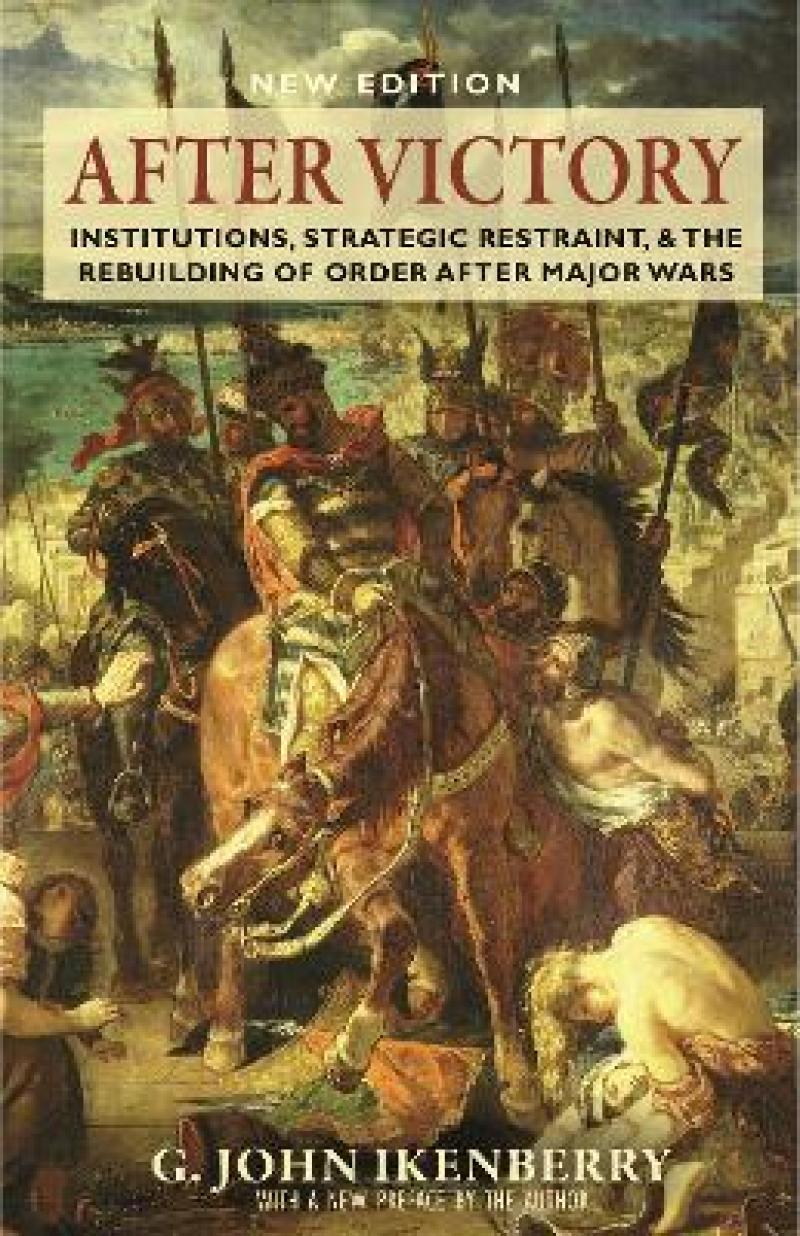Winner of the Jervis-Shroeder Best Book Award "After Victory show[s] how international governance can serve the interests of hegemonic powers."--Robert Wright, The New York Times "This is a thought-provoking and elegantly written book and an important contribution to our understanding of postwar orders and institutions."--Peter Liberman, Political Science Quarterly "After Victory is a majestic work that combines many familiar but seemingly unrelated themes into one elegant package of exceptional theoretical and empirical sweep... It should have an enduring impact on the study and practice of international relations."--Journal of Politics "This pathbreaking work is one of the most important studies on international order to appear in many years. It will be required reading for all students and scholars of international relations."--Choice "The liberal argument that democratic regimes can make a dramatic difference in world affairs has finally achieved intellectual respectability, as this fine book so convincingly maintains."--Tony Smith, Foreign Affairs "This is unquestionably one of the most important books in the field of the past decade."--International Affairs
"The liberal argument that democratic regimes can make a dramatic difference in world affairs has finally achieved intellectual respectability, as this fine book so convincingly maintains."—Foreign Affairs
"After Victory is a majestic work that combines many familiar but seemingly unrelated themes into one elegant package of exceptional theoretical and empirical sweep. . . . It should have an enduring impact on the study and practice of international relations."—Journal of Politics
"Thought-provoking . . . and an important contribution."—Political Science Quarterly
"Unquestionably one of the most important books in the field."—International Affairs
"An elegant, penetrating study. . . . This pathbreaking work is one of the most important . . . on international order to appear in many years."—Choice
